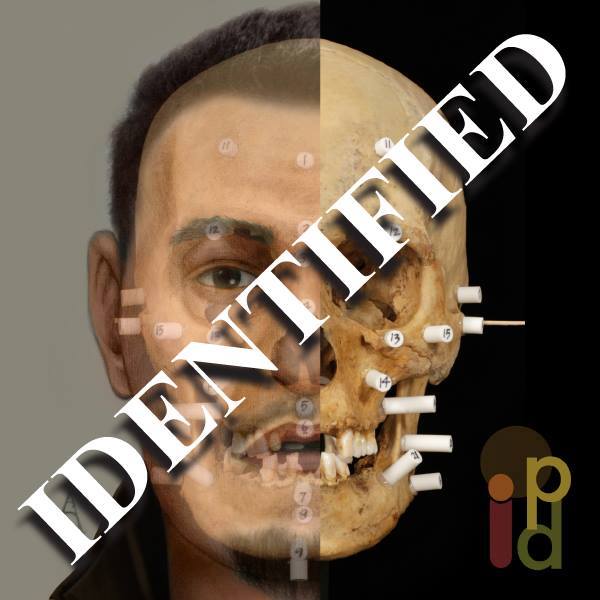Operation Identification

Beginning in 2013, the Forensic Anthropology Center at Texas State began a service-learning project ‒ Operation Identification (OpID) led and directed by Dr. Kate Spradley. OpID was founded to facilitate the identification and repatriation of unidentified human remains found along or in close proximity to the South Texas border through community outreach, scientific analysis, and collaboration with governmental and non-governmental organizations.
In Texas, not all migrant deaths are sent to a medical examiner’s office. The Rio Grande Valley Texas receives the highest reported number of undocumented migrant deaths in the state each year, and these deaths fall under the jurisdiction of a Justice of the Peace (JP). When any individual dies and the circumstances surrounding death are unknown, the Texas Code of Criminal Procedures requires a forensic examination, collection of DNA samples, and submission of paperwork to an unidentified and missing persons database. However, due to the high volume of deaths and lack of county resources, most counties were overwhelmed and began to bury the undocumented migrants, most without proper analyses or collection of DNA samples, without documenting the location of burial leaving little chance that these individuals will ever be returned to their families. In turn, families are left without knowing what happened to their son, daughter, mother, father, brother or sister.
The process of identification of migrant remains in Texas, as in every other border state requires collaboration. FACTS faculty and staff work closely with the Argentine Forensic Anthropology Team, South Texas Center for Human Rights, Colibrí Center for Human Rights, in addition to foreign consulates, the USCBP Missing Migrant Project, the National Missing and Unidentified Persons System (NamUS) and the National Center for Missing and Exploited Children, as some of the cases represent individuals under the age of 18 to provide humanitarian forensic action.
Working together with our undergraduate and graduate students, we serve the families of the missing and law enforcement agencies within Texas that have limited resources to pursue identification efforts. Operation Identification facilitates exhumation, processing, analysis, storage, and identification efforts of migrant deaths from South Texas. Without our efforts, many families would never know the ultimate fate of their loved one.